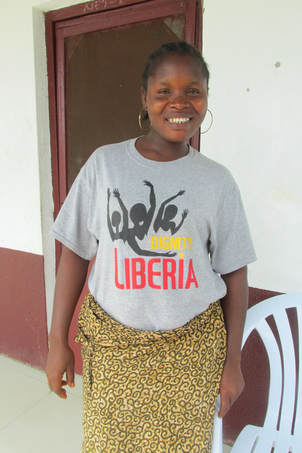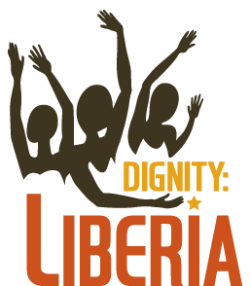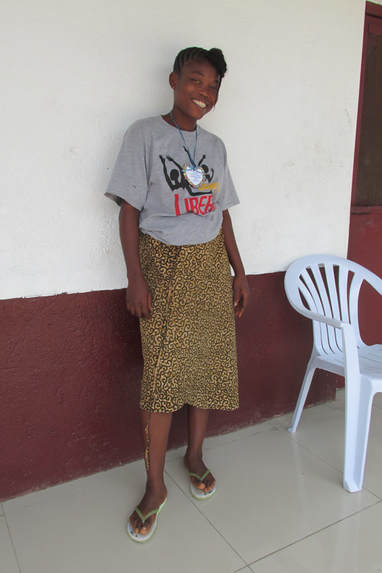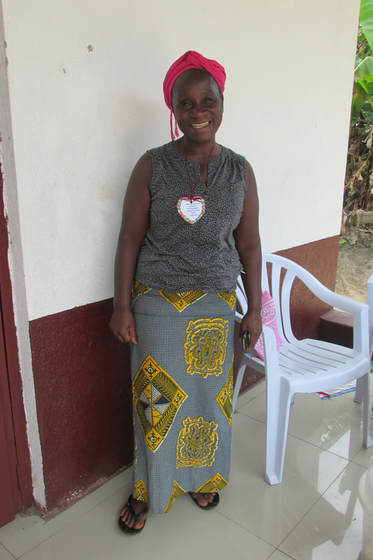
Interview Date: September 4, 2018
Interview Location: Phebe Rehab Center, Bong County, Liberia
Interviewers: Kathy Beth Stavinoha and Kathi Gutierrez
Maima Modoba was born in Phebe where she also grew up. She has four sisters and two brothers. She has not gone to school. She learned the alphabet at the Phebe Rehabilitation Center. She also learned how to count and add money at Rehab.
She was living in Red Light, Monrovia when she got her fistula in March 2016. When she went into labor, she went to a midwife* who told her she was fine. God took Maima from there; the midwife transferred her to JFK Hospital. It was too late – she had developed a fistula and her child did not make it. She had her fistula for 2 years but after [indistinguishable] fistula repair surgeries, she is now dry.
The most difficult thing about having a fistula was that her friends shunned her. She felt different because she had the “pee pee sickness.” She couldn’t go around her friends.
She learned two trades at the Phebe Rehab Center: tailoring and soap making. She likes tailoring better and plans to be a tailor in Red Light. She does not want to leave the Rehab Center because she wants to keep learning.
She would tell a friend that she learned something from her fistula experience. If you know giving birth causes a fistula, you need to put that knowledge to good use. If you put it to good use, it will help you and help your family.
She has nobody to help. Her family will not help her. She will have to support herself. She wants to be somebody tomorrow.
Maima is a fistula survivor. Hear her story in her own voice.




 RSS Feed
RSS Feed